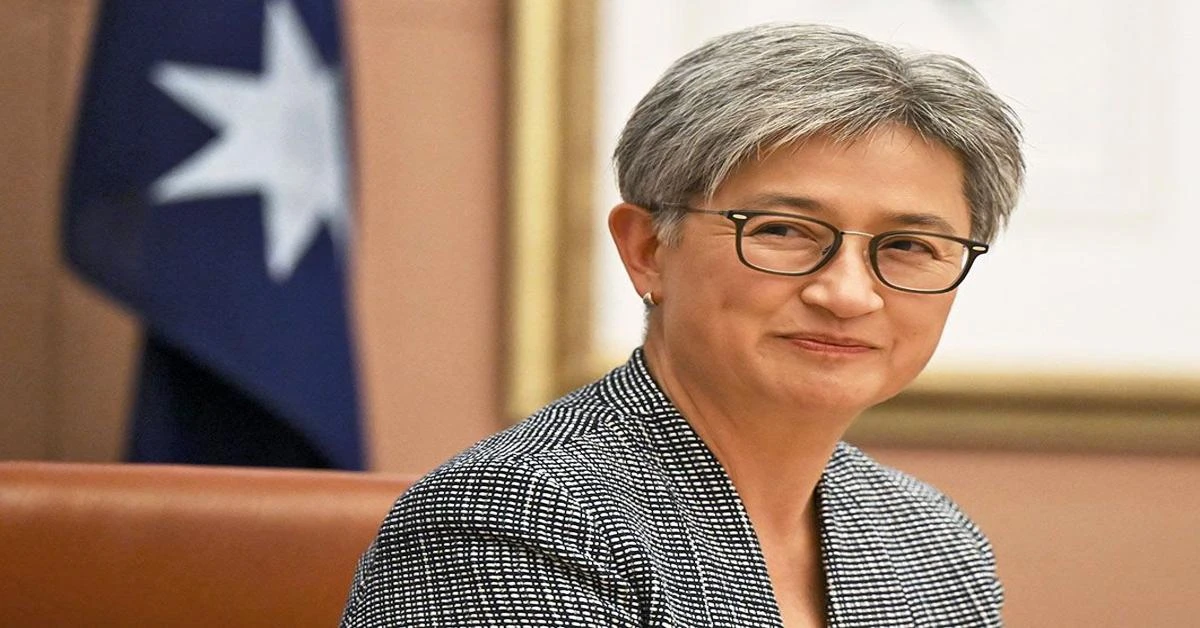Australia’s Foreign Minister’s stance on Palestinian statehood faces backlash

Foreign Minister Penny Wong’s speech at the Australian National University faces significant backlash from political leaders after advocating for recognition of the Palestinian state
Foreign Minister Penny Wong’s recent suggestion that Australia might recognize a Palestinian state has ignited a robust international discussion with various reactions emerging from political and community leaders.
While addressing a security conference at the Australian National University, Wong posited that recognizing Palestinian statehood could catalyze peace while building momentum toward a two-state solution with Israel.
However, she firmly stated that Hamas should not have any role in a future Palestinian state, acknowledging Israel’s right to self-defense against the terrorist group.
Wong’s suggestion resonates with recent international trends. The UK’s Foreign Secretary David Cameron earlier hinted at a similar position. In addition, several European countries, such as Spain, have started discussing the recognition of Palestinian statehood.
The proposal has drawn sharp criticism. Shadow foreign minister Simon Birmingham warned that preemptively recognizing a Palestinian state “puts statehood before security.”
He emphasized the need for a sense of security and mutual respect between the parties, highlighting Hamas’ Oct. 7 attacks as a major setback.
The Executive Council of Australian Jewry expressed disapproval, stating Wong’s approach is not suitable for treating a friend and ally like Israel.
They argue that the barrier to peace is not Israel but the Iranian-backed jihadists in Gaza and the West Bank’s issues.
Prime Minister Anthony Albanese communicated Australia’s concerns about a potential ground invasion of Rafah to Israeli Prime Minister Benjamin Netanyahu.
He highlighted the humanitarian consequences of such an action.
Amid this debate, the United Nations Security Council is considering Palestine’s bid to shift from observer to full member status. This decision will test the international response to the Israeli-Palestinian conflict.
Wong’s stance, though controversial, echoes a growing sentiment in the international community about the urgency of addressing the Israeli-Palestinian issue through new approaches.
Source: Newsroom



